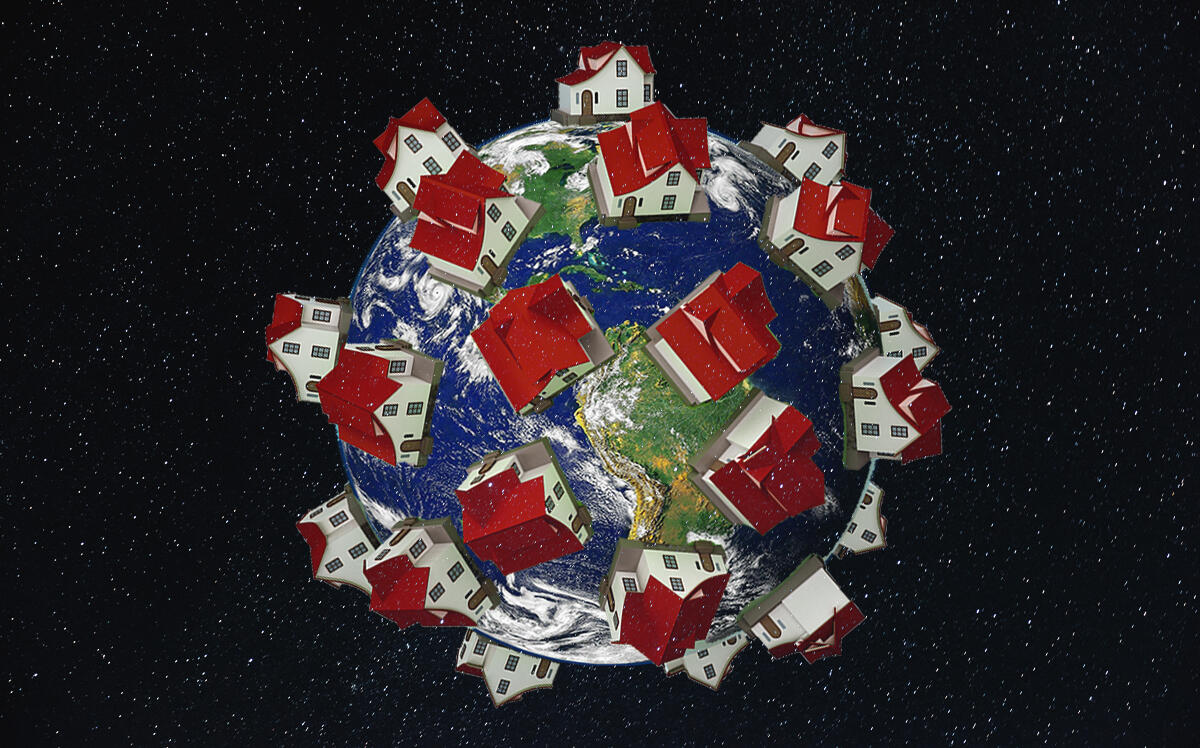Policy makers are worried that the world may be heading for another housing crash.
According to the Organization for Economic Cooperation and Development, home prices in its 37 wealthy member countries hit a record in the third quarter of 2020, the Wall Street Journal reported. Prices rose nearly 5 percent over 12 months, the biggest annual spike in nearly two decades.
“It is clear that rising prices of between 5 percent and 10 percent annually, depending on the market we are talking about, are not sustainable in the long run,” said Karsten Biltoft, assistant governor at the Danish central bank, which recently warned that cheap financing and savings during the pandemic could lead to people taking on too much debt to purchase homes whose values may eventually collapse.
Read more



The U.S. housing market has also been on fire as the pandemic accelerated families’ home-buying plans as listings plummeted. The median home sale price in the four-week period ending Feb. 28 was $323,600, up 16 percent from a year ago. The increase was the highest since 2016, according to Redfin.
But U.S. officials seem to be less worried about a repeat of the 2007-2008 housing crash because current buyers have better credit ratings and are making larger down payments.
Economists also say hot markets in wealthy countries could cool naturally without too much damage as interest rates rise and housing demand is met. Also, the current housing boom is based on real demand, not the speculative purchases that fueled the 2008 crash.
“There’s been this almost global reset as people have taken a step back during lockdown periods and reassessed their lifestyle,” Kate Everett-Allen, head of international residential research at Knight Frank, told the Journal.
[WSJ] — Akiko Matsuda
